Mozambique: Renamo calls urgent conference of former combatants - Watch
Registration will be moved to after the rains, requiring special parliament session – CIP Mozambique Elections
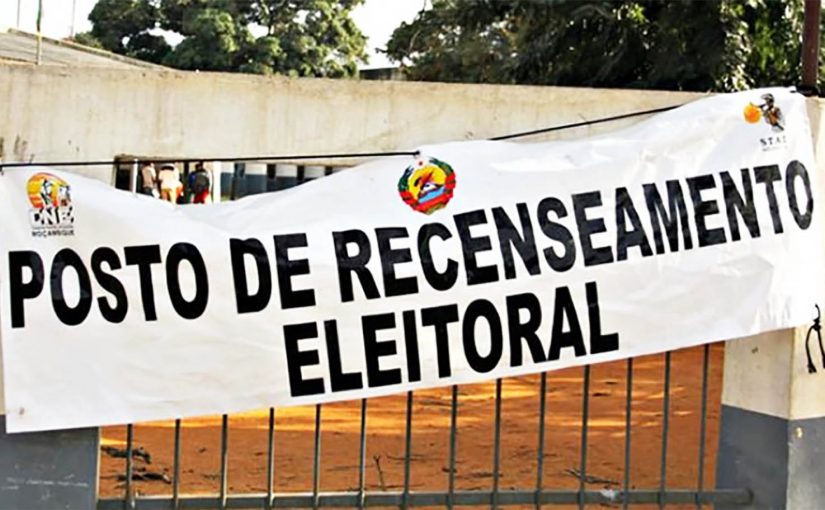
FILE - For illustration purposes only. [File photo: DW]
Registration will be moved to after the rains, requiring special parliament sessionA registration in the rain was only approved by the council of ministers because the badly written and much changed electoral law forces it. Everything indicates that the National Elections Commission (CNE) will, in January, propose to the Council of Ministers that the voter registration start 15 March, toward the end of the rainy season. This will require an extraordinary sitting of parliament to change the law to allow the new date.
This fiasco is caused by frequent and incoherent changes to some parts of the electoral laws and not others. The registration law was passed in 2014 and remains unchanged. It requires registration within the six months after the presidential election date is announced. The national elections law from 2013 was changed in 2014, 2018, 2019, and last year. One change was that the presidential election date should be in the first half of October and be announced 18 months in advance, which would have forced national registration to be last year.
Then last April as part of the decision not to have district elections, this was again changed to 14 months in advance, and the 9 October 2024 date was announced in August 2023. But there was no change to the registration law. The CNE was too busy with municipal elections, and only belatedly noticed that holding registration on the latest possible date was during the rainy season. And the very late decision on registration means it is impossible to produce the registration material and place it in all the provinces in less than 40 days. And the government still owes the normal consortium money for this year’s voter registration, ahead of the municipal elections.
Many countries have a single electoral code, but Mozambique has a collection of at least eight laws, one dating back to 1991, including different laws for national and municipal elections. The Constitutional Council and others called for a unified electoral code, and after the 2009 elections, government, parties, and civil society informally agree to move to a single electoral code. At which point donors called a strike in early 2010 demanding that the old system of multiple electoral laws be kept. In 2010 donors were still powerful, and government caved in. The current mess of contradictory laws is the result.


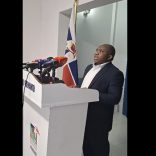

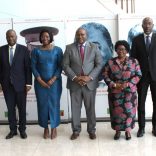
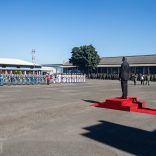
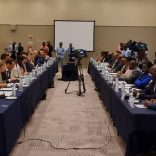
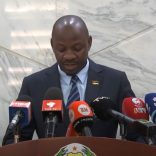




Leave a Reply
Be the First to Comment!
You must be logged in to post a comment.
You must be logged in to post a comment.